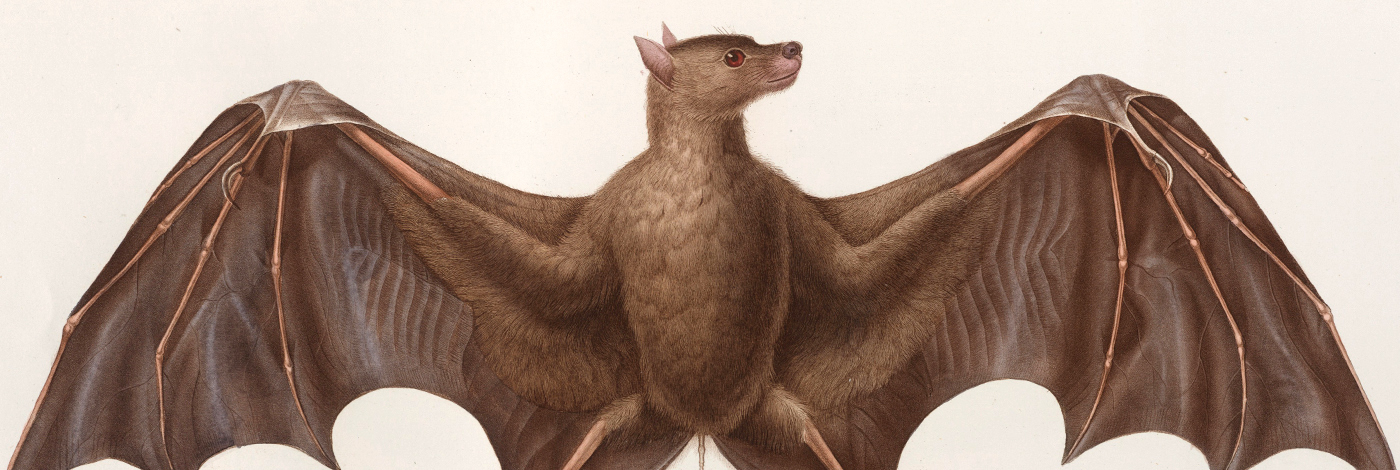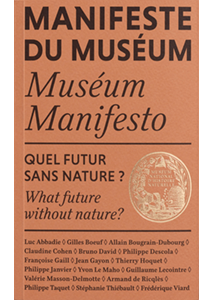

 Volume 1
Volume 1 Published on 01 November 2017
What is natural history? “Natural history is a source of knowledge that observes and compares all components of the mineral and living world, including human diversity in its biological and social dimensions. Its role is to identify and preserve all the objects of reference that constitute the great encyclopaedia of nature. Its study touches on every level of organization of matter, from Earth to celestial bodies, from minerals to rock, from genomes to cells, from organism to ecosystems. For this, it uses the most advanced, state-of-the art techniques.”
Upon his appointment as President of the Museum in 2015, Bruno David, opened a reflection on these issues with the establishment of a Natural History Committee bringing together sociologists, philosophers, naturalists and historians to reflect on the place of natural history in current debates in our society. Chaired by Philippe Taquet, the Committee in this essay charts the rise of obscurantism and the weakening of scientific discourse. But it is above all an appeal to the elected and leaders to “consider natural history and all the intellectual, social, cultural, economic, ethical and vital issues it encompasses”.
AUTHORS Luc Abbadie ◊ Gilles Bœuf ◊ Allain Bougrain-Dubourg ◊ Claudine Cohen ◊ Bruno David ◊ Philippe Descola ◊ Françoise Gaill ◊ Jean Gayon ◊ Thierry Hoquet ◊ Philippe Janvier ◊ Yvon Le Maho ◊ Guillaume Lecointre ◊ Valérie Masson-Delmotte ◊ Armand de Ricqlès ◊ Philippe Taquet ◊ Stéphanie Thiébault ◊ Frédérique Viard
Collectif 2017. — Manifeste du Muséum. Quel futur sans nature ? / Museum manifesto. What future without nature? Paris: Muséum national d'Histoire naturelle; Reliefs, 94 p. (Manifestes du Muséum ; 1).
